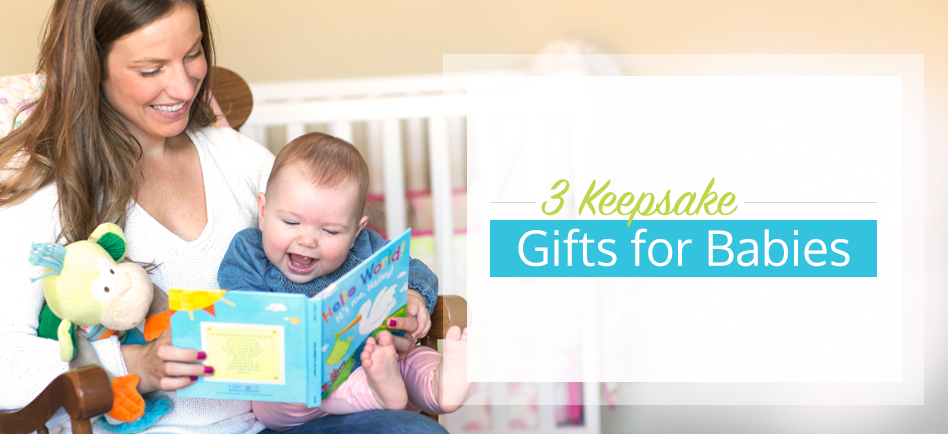Growing up in a society obsessed with physical beauty and good looks is difficult, whether or not a child’s appearance matches cultural expectations (and few people do). Social pressures surrounding appearance can leave children thinking their only worth lies in their looks, whether they’re considered “pretty” or not by the world at large.
Building a sense of sense and inner worth prevents children from believing beauty is skin deep. The need for self-worth is what inspired I See Me’s Who Loves Me? personalized book and My Little Book of Blessings. Personalized book gifts only go so far, however. In most cases, a kid with a healthy sense of self usually has parents who deliberately cultivated self-esteem and confidence.
Value Actions, not Looks
“Oh what a beautiful little girl!” “Such a handsome boy!” “What a pretty dress!”
We’ve all heard comments like this, usually from well-meaning strangers. While okay occasionally, such statements do nothing for a child’s self-worth and require nothing back from the child other than an embarrassed “thank you.”
As parents, we’re enormous influencers of how our children see the world, so we need to make an effort to see past appearance. This can be tough—we’ve spent a lifetime in a beauty-centric culture—but it’s worth the effort. Comment on people’s actions, not their appearance. One of our staff writers makes a point to never tell a little girl she’s pretty. Instead, she asks about her favorite books or activities, encouraging the child to engage in conversation.
Talk about Feelings, Including Uncomfortable Ones
Kids with a healthy sense of self-worth are in touch with their emotions. They know it’s okay to feel happy or sad, silly or serious, and that these emotions are what give life meaning, not how we look.
Cultivate your child’s connection to their emotions by talking about feelings—both theirs, yours, and other people’s. A child with a firm understanding of emotions is more empathic and more likely to base their opinions on behavior and feelings rather than looks and clothing.
Praise Results, But Praise Effort as Well
Reaching a goal deserves praise, but sincere effort should be rewarded as well. When a kid’s only praised for results, he may give up after a few failures. Honest praise for hard work—even if the end result isn’t achieved—reminds him effort is important, and encourages him to get up, dust himself off, and try again.
Cultivate Gratitude
Self-worth is intimately tied to gratitude and an awareness of one’s blessings. Remind children of what they have to be thankful for, and they’ll have a more realistic view of the world than kids who only focus on what they don’t have.
Be subtle—too much reminding can seem like lecturing. Reading our My Little Books of Blessings personalized book at bedtime is a fun way to underscore the many people and events that make a child’s life wonderful.



